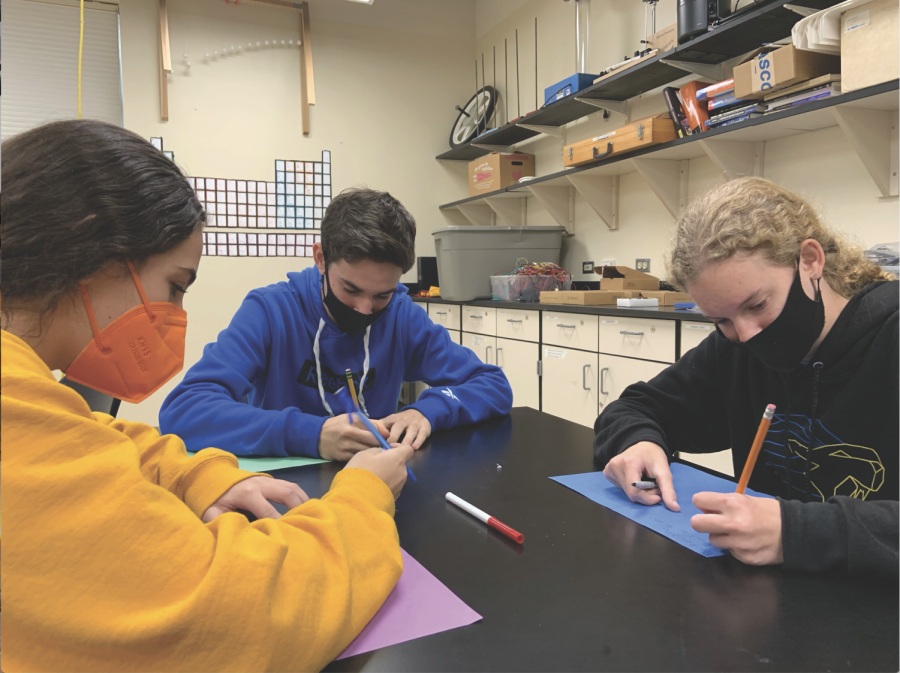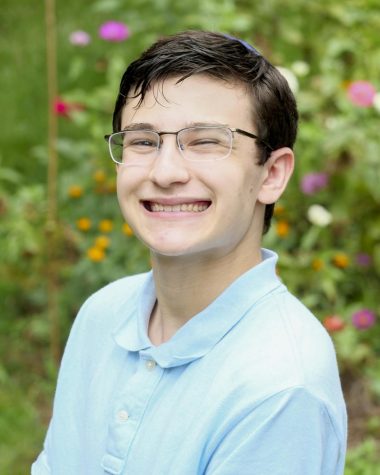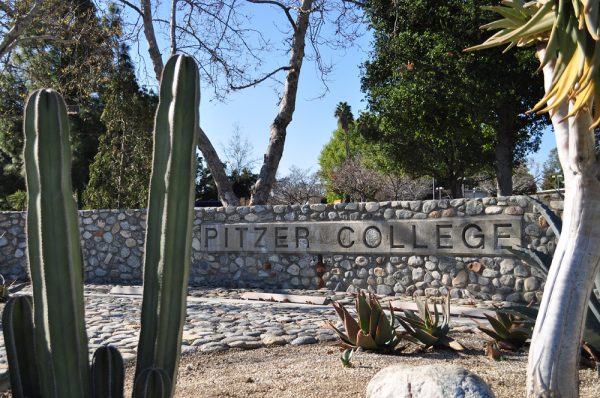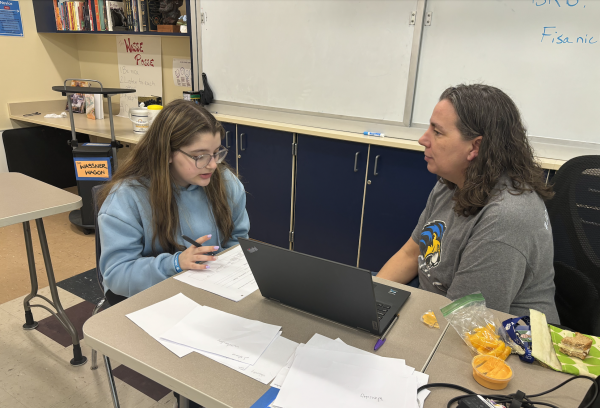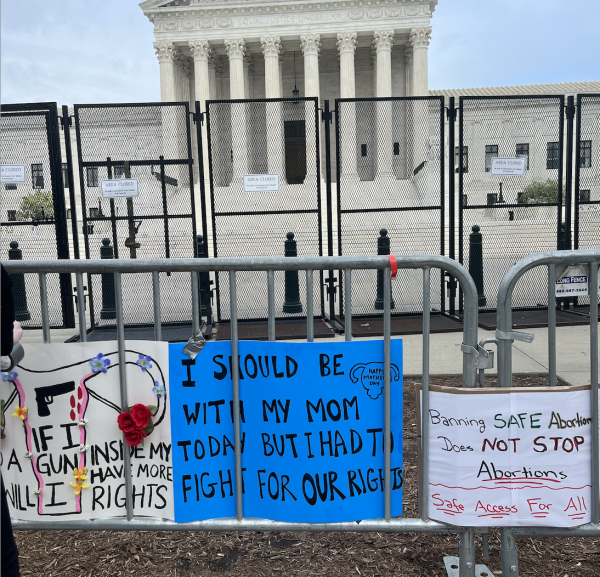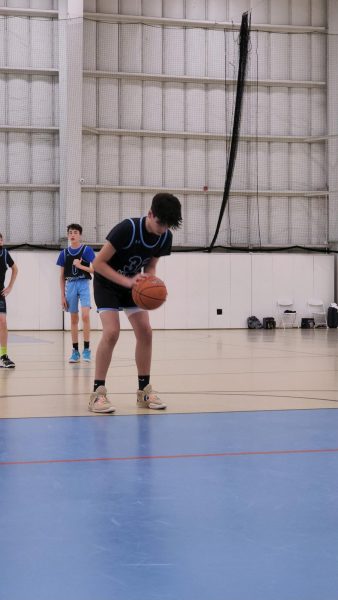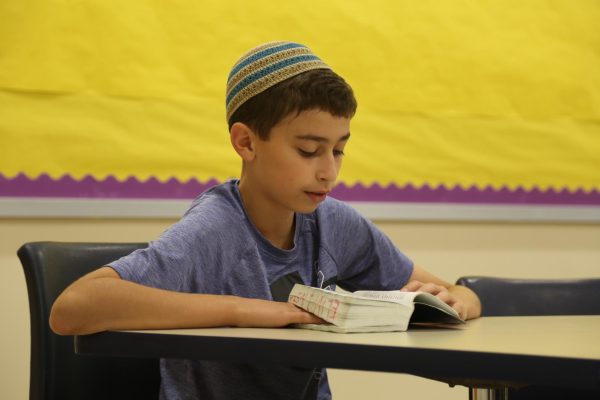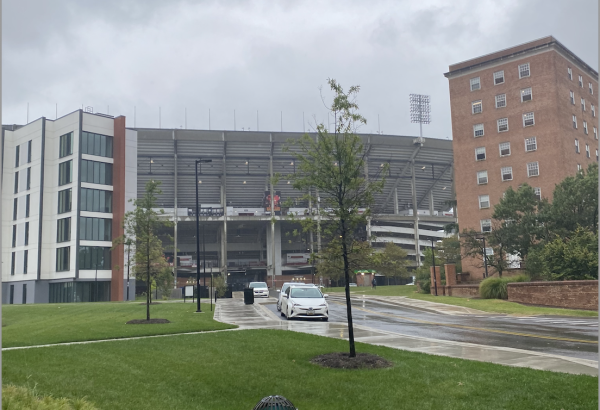Amend Advisory
Content and time slot must change
December 16, 2021
During the pandemic, the administrators created a program called advisory to foster community. Even though a period that intends to build community sounds great in theory, the lack of student engagement and interest makes advisory less effective. In order to make advisory more worthwhile, there need to be changes to the curriculum and to its location in the schedule.
High School Principal Dr. Lisa Vardi said that while working at the Bullis School, there was an advisory period two to three times a week that aimed to strengthen their school’s community. Understanding the importance of these gatherings, Vardi supported the continuation of advisory during the 2021-2022 school year.
While we have other school-wide programs such as Kabbalat Shabbat aimed at strengthening inter-grade connections, advisory is intended to facilitate intra-grade relationships.
In advisory, a teacher leads a cohort of students in various activities and discussions. These activities can range from talking about the values at CESJDS to making hand turkeys to having a discussion on mental health. The teacher serves as someone the students can look to for support and guidance.
However, the outcome of this program has been less positive at JDS. According to a Lion’s Tale survey of 69 high school students, 64.7 % of the participants don’t believe the advisory program this school year has made them feel closer to their grade. This data from the student body indicates that there must be changes made within the program to make advisory more effective.
A lack of student engagement can explain why students do not feel the intended effects of advisory. In my advisory alone, after the teacher announces the assigned activity, most students talk with their friends rather than participate. I think this is mainly due to students’ disinterest in the topic at hand and their frustration that advisory takes away time from their lunch. While there are students who would talk to their friends regardless, I believe that making changes to the curriculum would boost overall participation.
A study from Education Week shows that an increase in student choice can improve their classroom engagement. Just like in a formal classroom setting, students will be more likely to engage in advisory discussions if they are given more of a say in what topics are discussed.
However, giving a choice in selecting advisory topics may not be enough. The administration should also consider students when deciding what time advisory should be held. Currently, advisory is held during the 25-minute block after lunch that serves as free time for students Monday through Wednesday.
During this time, students attend club meetings, hang out with their friends and continue eating their lunch. Right now, there are only three club blocks in the schedule per week, meaning many students are overbooked. Moving advisory might help alleviate this issue. The student body generally agrees with this and 44.9% of students think advisory should be moved to the passing time that exists on Tuesdays and Wednesdays after Zman Kodesh.
Despite the shortcomings of advisory, I don’t believe it should be eliminated. The concept of kehillah is a treasured value of JDS, and its strong community is arguably a defining aspect of a student’s experience. In order for students to feel the strong JDS community, the administration must make changes to advisory.


